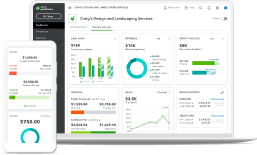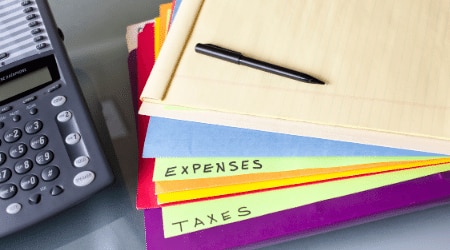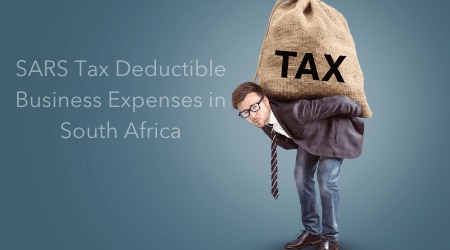One of the biggest tax benefits of running a business is being able to claim deductions on expenses and legitimately reduce your tax bill each year.
But if you’re dealing with a lot of small or variable expenses, keeping track of all your deductions can be a headache.
Fortunately, eligible micro businesses in South Africa can simplify their business expenses and do away with expense receipts by choosing to pay what’s known as ‘turnover tax’. Here’s how it works.




